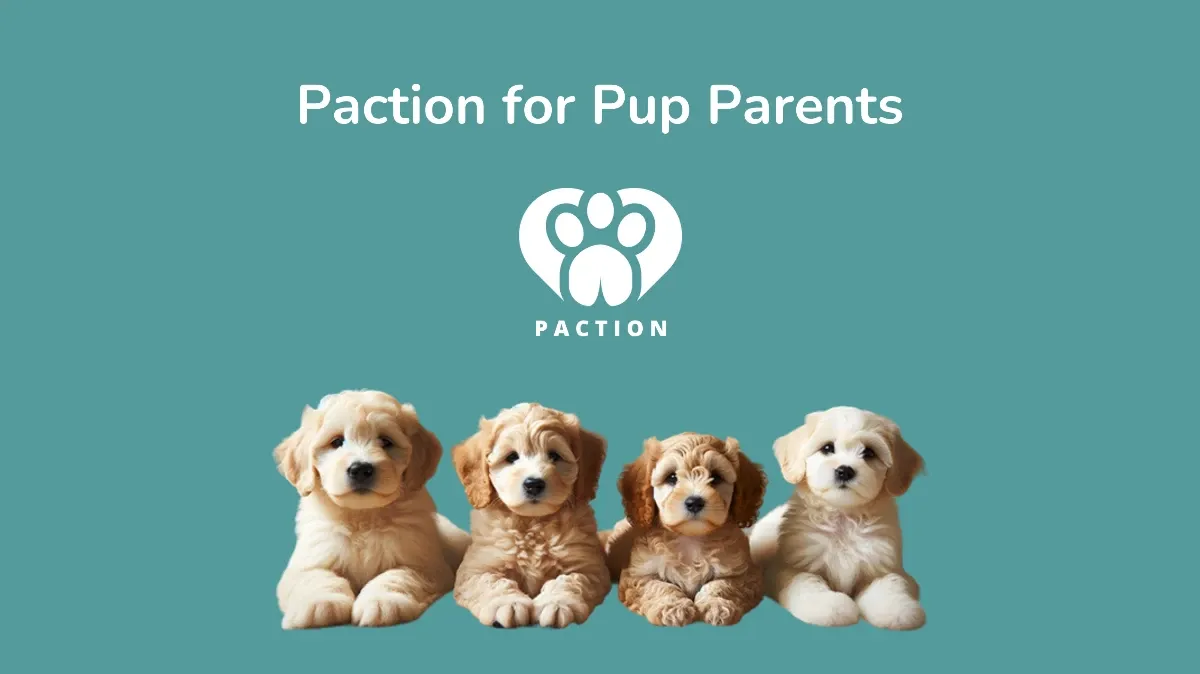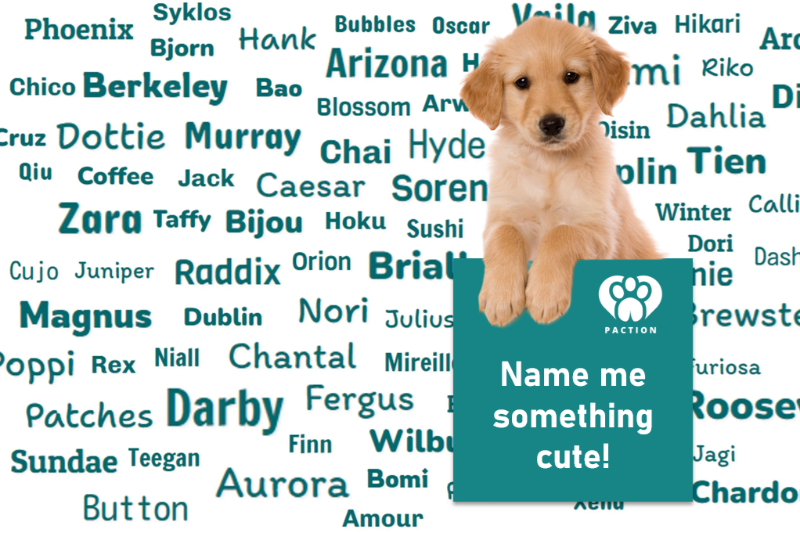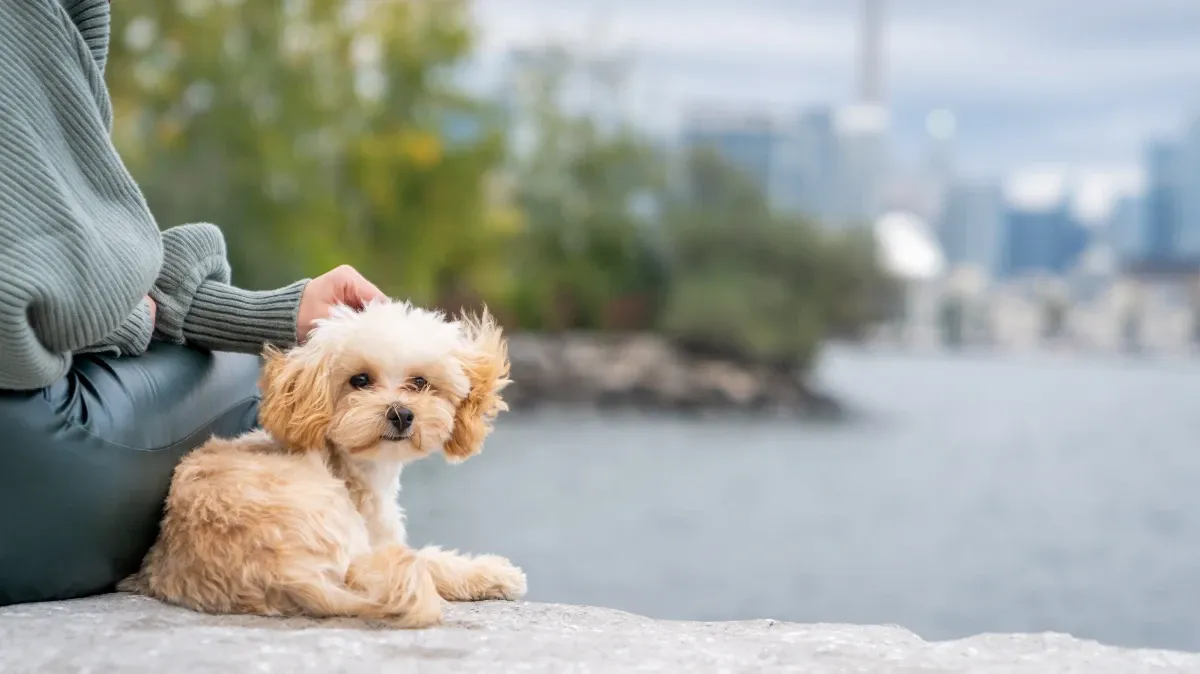Newfoundland
Find Newfoundland Breeders Near You
Connect with certified breeders who have Newfoundland puppies available.
Find Newfoundland BreedersGet to Know Newfoundlands
- Born Lifeguards: Newfoundlands are natural swimmers with webbed feet and a water-resistant coat, making them exceptional water rescue dogs. They've saved countless lives throughout history.
- Incredible Strength: They’re powerful enough to pull carts and heavy loads, and were once used by fishermen to haul in nets and gear from icy waters.
- Gentle Giants: Despite their massive size, Newfoundlands are famously gentle and patient with children, earning them the nickname "nanny dog."
- Literary Fame: A Newfoundland named "Nana" appears in J.M. Barrie’s Peter Pan as the beloved dog caretaker of the Darling children.
- Presidential Pup: U.S. President James Buchanan had a Newfoundland named Lara, and Lewis and Clark brought one named Seaman on their expedition.
Breed History
The Newfoundland originated in the Canadian province of the same name, where it was bred to work alongside fishermen. Developed from a mix of local working dogs and possibly European breeds like the Great Pyrenees, Newfoundlands were prized for their strength, swimming ability, and gentle nature. These dogs hauled fishing nets, pulled carts, and most famously, rescued people from drowning. Their natural swimming ability, combined with a thick, water-resistant coat and webbed feet, made them uniquely suited to cold-water work. Over time, their heroism and kind temperament earned them a reputation as one of the most noble and dependable giant breeds.
Personality and Behaviour
- Calm & Gentle: Newfoundlands are known for their incredibly calm demeanor, even in chaotic environments. Their quiet confidence and steady presence make them great family dogs, especially around small children.
- Protective but Not Aggressive: While not aggressive, Newfoundlands are naturally protective and deeply loyal to their families. They tend to be watchful and may place themselves between their loved ones and perceived threats, using their sheer size as a deterrent rather than force.
- Affectionate Companions: These dogs crave human connection and prefer being close to their family members. They are sensitive and emotionally intuitive, often responding to moods and offering comfort with their presence.
Care
- Exercise: Despite their size, Newfoundlands don’t need intense activity, but they do benefit from daily walks and light play to stay fit and healthy. They excel in water activities—swimming is an excellent, low-impact form of exercise that suits their body and instincts perfectly. Due to their heavy build and risk of joint issues, high-impact exercise should be avoided, especially in hot weather. Keep activity slow and steady.
- Grooming: Newfoundlands shed a lot, especially during seasonal coat blows. Expect to brush them several times a week—daily during shedding season. Their double coat can mat easily, especially around the ears, legs, and tail. Regular grooming is essential to prevent tangles and skin issues. They tend to drool, and their large, furry bodies easily bring in dirt and debris, so frequent cleaning of the dog, and your home, is part of the deal.
- Training: Newfoundlands are intelligent and capable of learning quickly, but they can also be independent thinkers. Gentle, patient training works best. Because of their size, it’s crucial to socialize and train them early to prevent pushy or overly shy behavior as adults. They have a strong desire to make their humans happy, which makes them generally responsive to positive reinforcement, especially with praise or food rewards.
Newfoundland Summary
What to ask your breeder?
Here's a short summary of what you should be asking your breeder:
Newfoundland Health Testing
| Screening | Considerations |
|---|---|
| Hip Dysplasia | One of the following: OFA Radiographic Hip Evaluation PennHIP Evaluation. Results registered with OFA. |
| Elbow Dysplasia | OFA Radiographic Elbow Evaluation |
| Cardiac Evaluation | One of the following: Congenital Cardiac Exam with examination performed by a Cardiologist Advanced Cardiac Exam Basic Cardiac Exam with examination performed by a Cardiologist |
| Cystinuria | DNA-based cystinuria test from an approved laboratory; results registered with OFA. Progeny may be cleared by parentage. Please refer to the OFA policy on "Clear by Parentage". |
How Much Does It Cost to Own a Newfoundland Per Year?
Determining the cost of owning a Newfoundland is essential for responsible dog ownership. Use our calculator to estimate expenses, including food, grooming, veterinary care, and more.
The Ultimate Dog Cost Calculator
 Calculate Now
Calculate NowFrequently Asked Questions About Newfoundland
When you talk to a breeder, you're not just asking “do you have available Newfoundland puppies?” You're looking for a match in the process of rehoming a dog. As a prospective dog owner, you are assessing how predictable the dog's health, temperament, and long-term welfare will be and whether the breeder's practices reduce avoidable risk.
You should engage in a conversation about the following topics:
- Which health tests and genetic screening do you do specifically for Newfoundland, and can I see the results?
- What do you do if a puppy develops a serious genetic condition? What contract, policies and support do you offer as a breeder?
- How are puppies raised from birth to 8+ weeks? Ask about socialization, philosophies on early neurological development, handling, and exposure.
The real cost of a dog isn't just the puppy price. After year one, the cost of a dog includes the predictable annual costs + the unpredictable “risk costs.” Your goal is to make the cost legible before you commit, as one of the top causes of surrendering a dog is not being able to afford the dog in later years.
To help you assess these costs, Paction has created the Ultimate Cost Calculator. You can also read an article written by a Paction breeder on why a prospective dog owner should focus on the ongoing costs of dog ownership and not “how much” the puppy costs.
Every dog breed has certain health issues that tend to occur more often, but what matters most is how predictable and preventable those risks are. For many breeds, common concerns include inherited conditions (such as orthopedic, eye, or cardiac issues) as well as lifestyle-related challenges like weight management, dental health, skin or ear problems, and anxiety.
Responsible breeders help reduce inherited risk through appropriate health testing, careful selection of breeding pairs, and transparency about family history. To understand more about responsible breeding programs that prioritize health and genetic screening of breeding pairs, check out Making Science Simple: Canine Genetics for Puppy Shoppers.
As an owner, you play an equally important role. Consistent preventive veterinary care, proper exercise and enrichment, healthy nutrition, and early screening can significantly improve long-term health outcomes.
Whether a Newfoundland is right for you depends less on the breed itself and more on how well its typical energy level, temperament, and care needs align with your daily life. Important factors include your schedule and activity level, living environment, household dynamics (such as children, other pets, or allergies), and tolerance for noise or independence. Long-term fit also comes down to maintenance like grooming, training needs, and how often you travel or rely on outside dog care.
Use Paction's Dog Breed Matchmaker and Pup Time Estimator to find out more about what dog is right for you.


